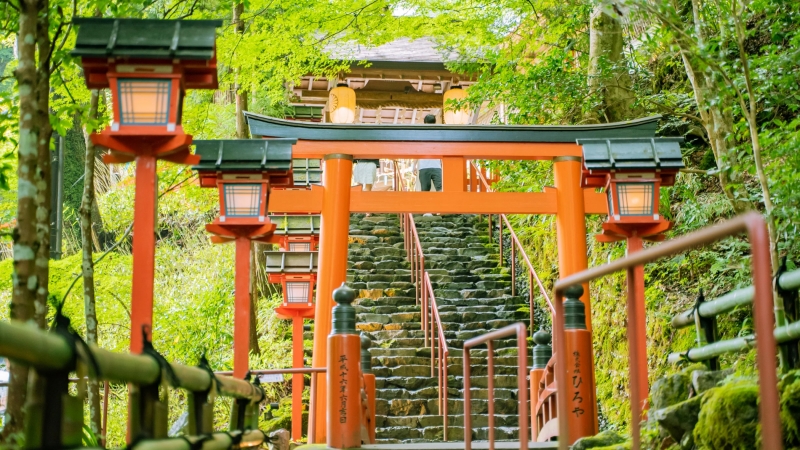For the Japanese, convenience stores are not just places to shop, but an indispensable part of daily life. These stores, like "miniature supermarkets," are always bustling with customers.
From hot meals like bento boxes and steamed buns to drinks and cosmetics, you can find everything you need here. Even famous chef Anthony Bourdain once confessed that he couldn't resist the allure of these convenience stores.
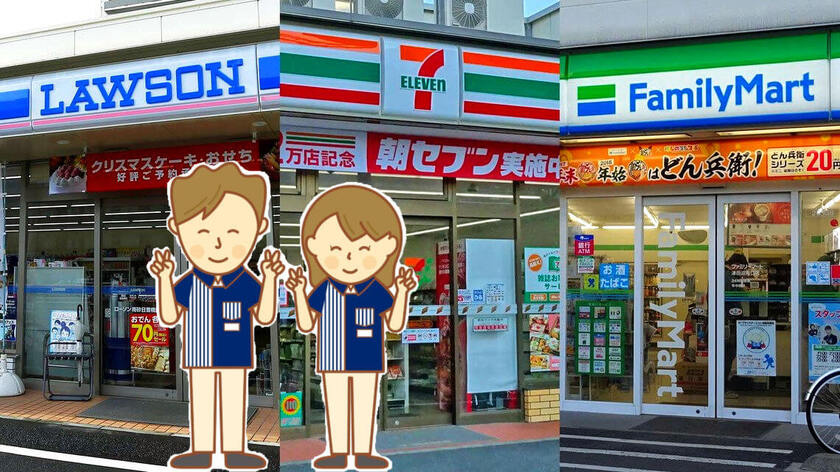
A potential 5 trillion yen deal for a Japanese convenience store chain is currently a hot topic.
Konbini, or convenience store in Japanese, is an integral part of modern Japanese society. Since its emergence in 1969, the konbini (the Japanese term for convenience stores) has rapidly grown, even surpassing its American predecessor and becoming an essential component of Japan's social infrastructure. According to The Economist, the konbini industry generates up to $77 billion in revenue annually for Japan.
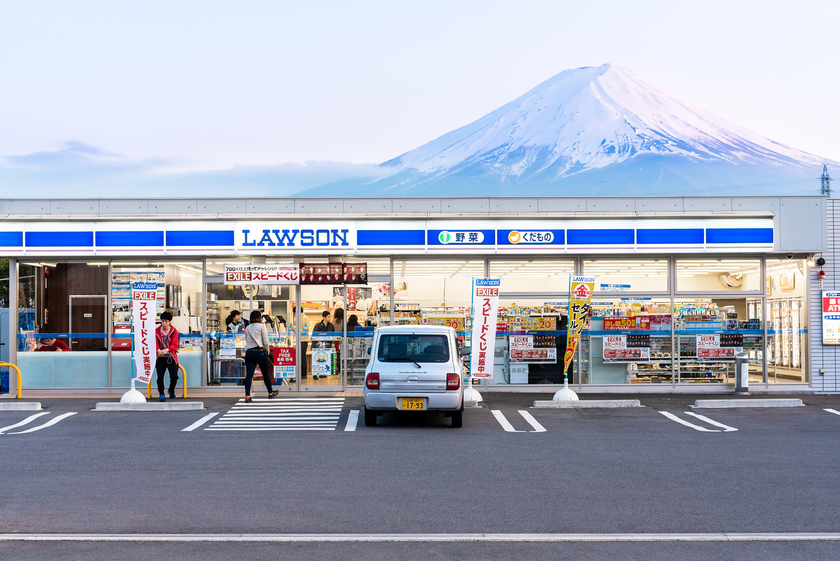
Convenience stores are an indispensable part of daily life for Japanese people.
The four major convenience store chains in Japan—7-Eleven, Family Mart, Lawson, and MiniStop—have a combined 55,700 stores across cities and towns, serving approximately 16 billion customers in 2023. For Japanese people, konbini are places to buy fresh food, pay bills, send packages, and many other services. International visitors are often surprised by the variety and convenience of this system, and even many famous chefs have praised the egg sandwiches from these convenience stores. Konbini truly is a "second home" for many people.
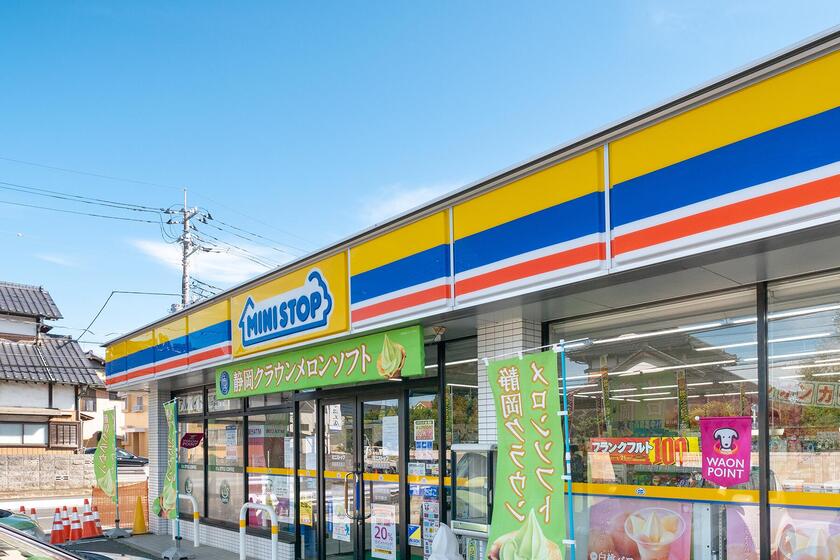
Since emerging in 1969, the konbini has rapidly grown, even surpassing its American-origin predecessor.
Unsurprisingly, convenience store chains, particularly 7-Eleven, have become the focus of multi-billion dollar acquisition deals. This is clearly demonstrated by the takeover bid from Alimentation Couche-Tard, one of the giants in the retail industry.
This deal is attracting significant attention from investors and the media, as Seven & I Holdings, the parent company of 7-Eleven, is carefully considering its final decision. The specific details of the proposal remain confidential, further increasing speculation about the ultimate outcome of the transaction.
Seven & I currently has a market capitalization of approximately 4.6 trillion yen (US$31.1 billion). This means that if the Canadian company wants to acquire 100%, it will have to spend at least 5 trillion yen. Nikkei Asia suggests this would be the largest M&A deal ever between a foreign company and a Japanese company.
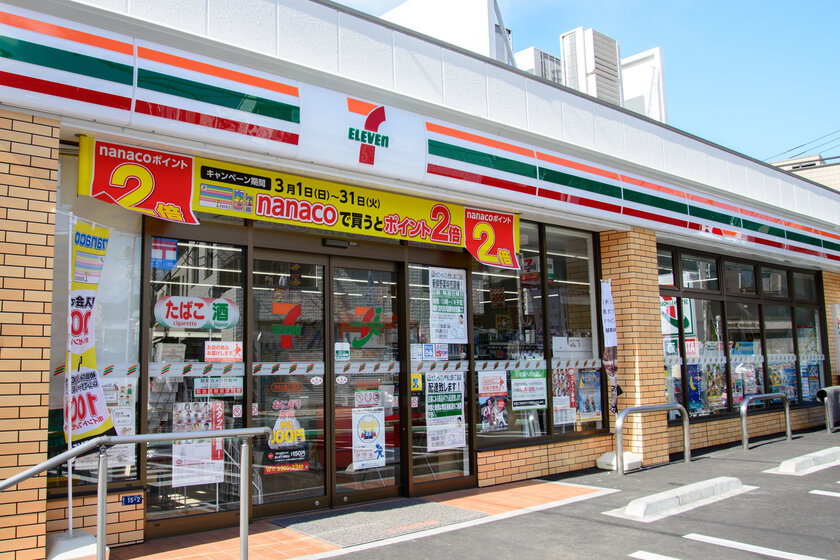
The Japanese are restless with excitement over the allure of convenience stores.
7-Eleven is not simply a convenience store chain; it's an integral part of Japanese culture. Selling 7-Eleven would be more than just a business transaction; it would be a decision with a significant impact on the country's cultural identity.
As one of the world's best traditional retail businesses, 7-Eleven has become an icon of the Japanese economy. Therefore, the resale of this "national treasure" will undoubtedly face strong opposition from both the public and the government.
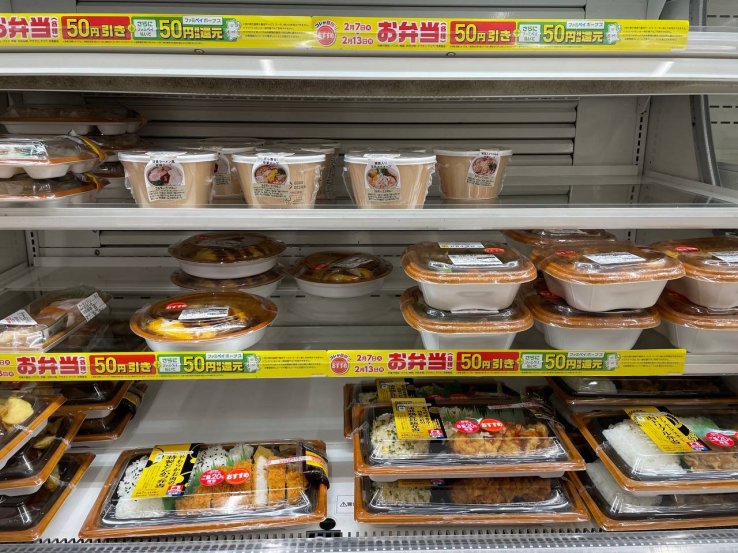
What will be the status of this "national treasure"?
However, experts argue that the Japanese market is saturated and warn that an impending population decline means the three major companies dominating the sector—7-Eleven operator Seven & i Holdings, Lawson Inc., and FamilyMart Co.—need to refine their overseas expansion strategies. Both 7-Eleven and Lawson were originally imported from the U.S. before their Japanese subsidiaries acquired their U.S. parent companies.
The first 7-Eleven store in Japan opened in 1974 in a quiet neighborhood on the eastern coast of Tokyo. Every Friday morning, it bustles with office workers, students, and parents with young children.

 VI
VI EN
EN





